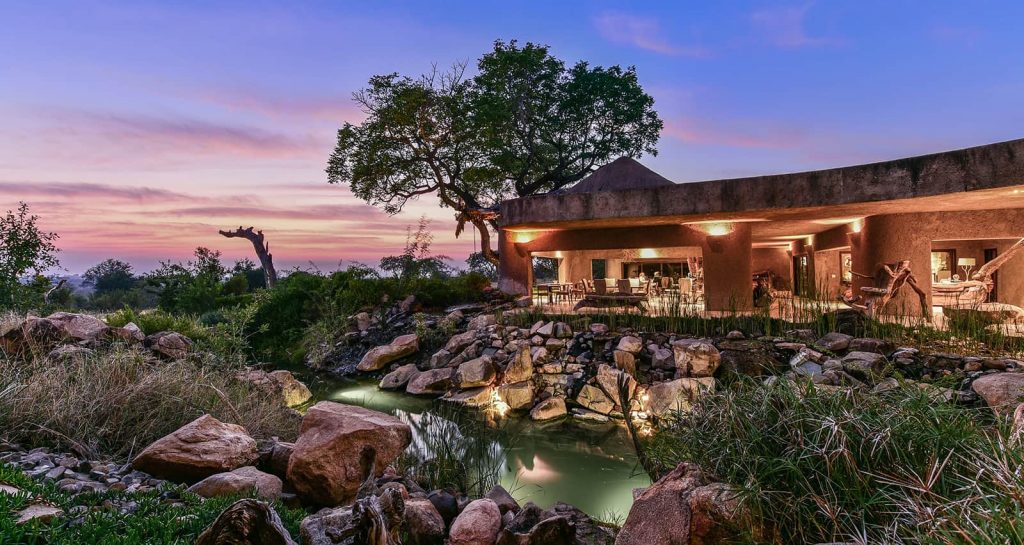Artificial Intelligence is no longer a distant promise or a Silicon Valley experiment. It’s embedded in the now. South Africans are already using generative…
Embracing tech: What hotels need to do to stay ahead

The hospitality industry has been rapidly evolving, driven by the convergence of technology and the need for excellent customer service. Anton Gillis, CEO at Kruger Gate Hotel, has shared his insights on the top tech trends that will dominate the industry.
Artificial intelligence (AI) is an essential tool for providing exceptional customer service, and chatbots and instant messaging apps are the most promising applications of AI in the hotel industry.
Gillis mentioned that AI and machine learning technologies can analyse guest data and provide customised offers, delivering personalised services that meet guests’ individual needs. “We recently launched our own chatbot service, which provides our guests with 24-hour assistance over WhatsApp. This technology has allowed us to streamline our operations, improve efficiency, and save time and money while providing our guests with excellent customer service,” he said.

Robots have also been introduced in several hotels worldwide, but the majority have not been successful. Gillis stated that far fewer jobs have been lost than what was anticipated, and there is a larger market of guests who prefer staying with real people rather than robots.
“Travel can be lonely and daunting, and people want to connect with people who can listen to and empathise with them, and problem-solve with EQ,” he said. However, he also mentioned that guests love high touch as well as high tech, and hotels need to shift their mindset from defending their teams’ longevity to asking how they can better serve their guests.
Smart features in hotel rooms have been a significant game-changer in the hospitality industry. With mobile apps and keyless entry systems, guests can access their rooms without traditional room keys.
Smart thermostats, lighting, and entertainment systems provide guests with personalised control over their room’s ambience, allowing them to customise their stay to their preferences. In-room voice assistants can assist guests with ordering room service, making reservations, or providing local recommendations.
Gillis added that hotels need to have robust cybersecurity measures in place to protect guest data from cyber threats.
Virtual travel has been gaining momentum in recent years, and it allows guests to experience a destination without physically being there. The pandemic has forced many people to stay home, and virtual travel has become increasingly popular as a way to explore the world from the comfort of one’s own home.
Those within the hospitality sector can leverage this by using augmented reality (AR) technology to offer virtual tours of local attractions or showcase historical landmarks or artworks. Kruger Gate Hotel has launched a livestream webcam that allows potential guests to experience real-time, uninterrupted views into the Kruger National Park that can be enjoyed from their pool viewing deck before they visit the property.
Sustainability is another trend that is becoming increasingly important in the hospitality industry. Hotels can differentiate themselves by implementing energy-efficient systems, reducing waste, and promoting sustainable practices.
For instance, hotels could install smart thermostats and lighting systems that automatically adjust based on occupancy, reducing energy waste. Hotels could also implement water-saving systems and use eco-friendly cleaning products. By prioritising sustainability, hotels can not only reduce their environmental impact but also appeal to guests who value eco-tourism.
Embracing technology in the hospitality industry is essential for staying ahead, adds Gillis. Hotels need to be aware of the latest trends and incorporate them into their operations to provide exceptional customer service and customised experiences.
He furthermore emphasised that hotels need to strike a balance between high tech and high touch, as guests want to connect with people who can listen, empathise and problem-solve with EQ. The hospitality industry is dynamic, and the use of technology will continue to evolve, providing opportunities for hotels to improve their operations and guest experiences.
READ NEXT: South Africa under cybercrime siege, warns Surfshark

